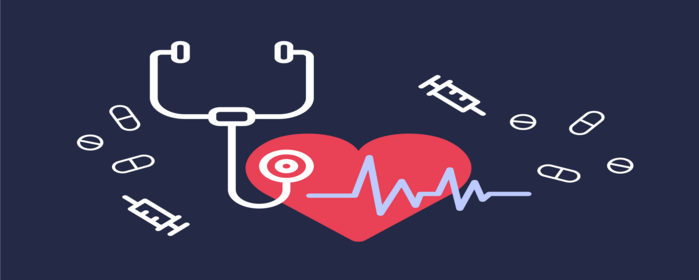According to the new study, “Blockchain Technology in Healthcare Market Size, Share and Trends Analysis Report” from ResearchAndMarkets.com, “Clinical Data Exchange & Interoperability, Claims Adjudication & Billing,” has been included.
Blockchain in Healthcare Market to Reach $126 Billion by 2030
The worldwide blockchain healthcare industry might reach USD 126 billion by 2030. The market should grow by 68.1% from 2022 to 2030.
The necessity to avoid medicine counterfeiting and handle clinical data efficiently will boost the industry. Technological improvements and unexplored healthcare prospects are also driving the technology’s adoption.
Avaneer Health, Inc. secured $50 million in initial capital in January 2022 to invest in people and technology to expand its market position. IBM, PNC, Aetna, Anthem, Sentara Healthcare, and others formed the startup in 2020.
The COVID-19 pandemic pushed blockchain’s use in healthcare. According to OECD research from December 2020, blockchain-enabled techniques were employed to fight the epidemic.
A South Korean identity management system included contact tracking and software code and data exchange for research.
Blockchain has been used or suggested to handle medical supplies, drugs, and vaccinations. It may be used to verify vendors and monitor shipments.

These factors might boost market development. In recent years, blockchain has evolved rapidly. Big businesses use the technology to maximize profits and decrease costs.
Pfizer Inc., Amerisource Bergen Corporation, McKesson Corporation, and Premier Inc. joined MediLedger in May 2019 to improve the supply chain.
Blockchain technology aiding supply chain management may reduce or eliminate frauds and mistakes, reduce paperwork delays, identify problems quickly, minimize courier costs, enhance inventory management, and promote customer and partner confidence.
The pharmaceutical business is simply one element of the healthcare ecosystem studying blockchain use cases, and several concepts have proof-of-concept implementation. The technology improves patient care while keeping prices down.
Blockchain usage may also alleviate multiple-level authentication hurdles. Growing use has brought technology to healthcare. Even in its infancy, the healthcare environment accepts the technology.

